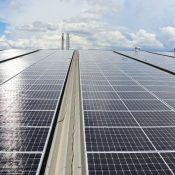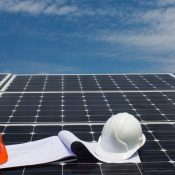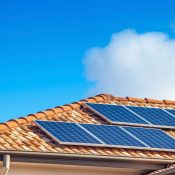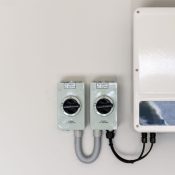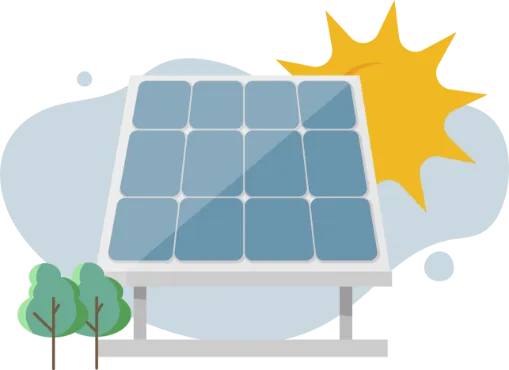Do I Need to Tell My Electricity Supplier I Have Solar Panels? The Complete Guide
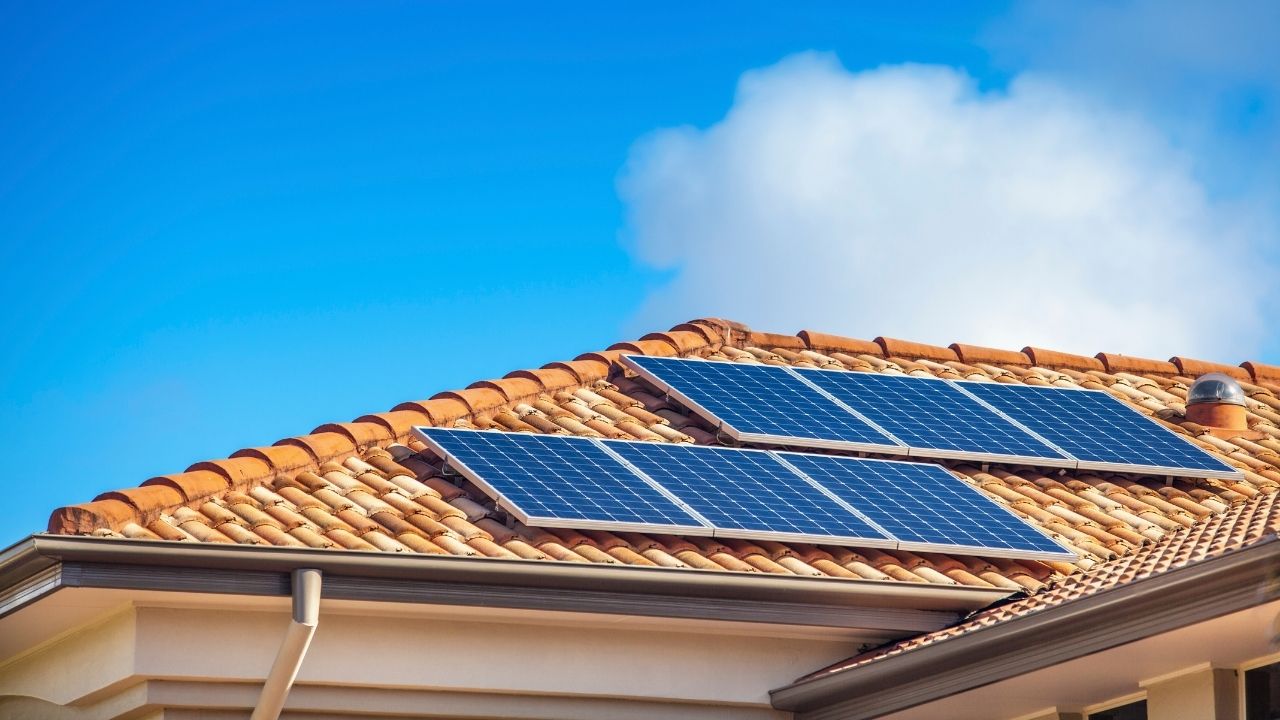
Due to climate change and rising energy costs, individuals and businesses are shifting towards renewable energy sources. Solar energy, in particular, has emerged as a popular alternative. However, switching to solar panels brings specific responsibilities and queries, such as “Do I need to tell my electricity supplier I have solar panels?”
In this comprehensive guide, we’ll explore this question in-depth, shedding light on the ins and outs of solar panel integration, the importance of communication with electricity suppliers, and the benefits of embracing this green technology.
Backed by insights from Going Solar, a leading solar panel installation company in Ireland, this guide aims to arm you with the knowledge you need to make informed decisions on your journey towards sustainable living. Buckle up as we embark on a journey of discovery into the world of solar energy!
Understanding Solar Panels and Their Interaction with Your Electricity Supplier
Solar panels have become increasingly popular in Ireland as more people seek sustainable, cost-effective energy solutions. But one question that often arises when making this switch is, “Do I need to tell my electricity supplier I have solar panels?” This guide by Going Solar, a top-notch solar panel installation company in Ireland, will take you through every detail you need to know.
What Are Solar Panels?
Before we dive into the specifics, we must understand what solar panels are. Solar panels are devices that convert sunlight into electricity. They are used for various applications, from powering homes to running industrial machines.
How Do Solar Panels Interact with the Electricity Grid?
When you install solar panels, your house can still be connected to the electricity grid. It is necessary because the sun isn’t always shining, and you may need to draw power from the grid when your panels aren’t producing enough electricity. Conversely, if your panels have more electricity than you can use, that can send excess energy back to the grid.
Net Metering
It is where net metering comes in. Net metering is a billing mechanism that credits solar panel owners for the electricity they add to the grid. For example, if your solar panels produce more electricity than you need, that excess energy will go to the grid, and you can use electricity from the grid at no additional cost when your panels don’t produce enough.
Do I Need to Tell My Electricity Supplier I Have Solar Panels?
Now that we understand how solar panels work, let’s tackle the primary question. The answer is a resounding yes. It’s vital to notify your electricity supplier when you install solar panels.
Why Inform the Electricity Supplier?
Compliance with Regulations
In Ireland, there are regulations governing the production and supply of electricity. Notifying your electricity supplier ensures that your solar installation complies with these regulations.
Grid Connection and Safety
Informing your supplier is crucial for safely connecting your solar system to the grid. The electricity supplier needs to be aware of your connection to manage the flow of electricity effectively and maintain grid stability.
Availing Net Metering Benefits
Your electricity supplier needs to be informed about your solar panel installation. This way, they can set up the necessary billing arrangements.
How to Notify Your Electricity Supplier?
Contacting the Supplier
Reach out to your electricity supplier via phone or email. You should provide them with details about your solar installation, including the size of the system and the expected output.
Paperwork and Agreements
Your electricity supplier may require you to fill out some paperwork or enter into an agreement regarding your solar panel installation and connection to the grid.
Inspection and Approval
Sometimes, your electricity supplier or another authority might need to inspect your solar installation before it is connected to the grid.
What If You Forget To Notify Your Electricity Supplier?
Failure to notify your electricity supplier could lead to legal issues, disconnection from the grid, or the loss of potential benefits such as net metering.
The Green Revolution: Harness the Sun’s Energy by Going Solar
With the world striving to reduce its carbon footprint, solar panels have emerged as a beacon of hope. The solar industry is flourishing, with abundant winds and rain. The shift towards renewable energy sources is beneficial. Let’s delve deeper into the advantages of going solar.
Environmentally Friendly
Solar panels significantly reduce your carbon footprint. They don’t produce greenhouse gases and don’t pollute water. Moreover, unlike conventional power plants, they require very little water for maintenance.
Reduced Electricity Bills
By generating your own electricity, you reduce your reliance on your supplier, which translates to lower bills. With net metering, you can even earn money by exporting excess electricity back to the grid.
Energy Independence
With solar panels, you’re not beholden to the electricity grid or price hikes. Even during a power outage, solar panels with battery backup can provide electricity.
Boosting the Local Economy
By Going Solar, you contribute to the local economy. The company hires local professionals and sources materials from local businesses when possible.
The Solar Installation Process with Going Solar
Embarking on a solar journey can be manageable. Going Solar makes the process streamlined and hassle-free.
Initial Consultation and Site Assessment
Reach out to Going Solar, and their experts will help you understand your energy needs, evaluate your premises, and guide you through available options.
Design and Proposal
Based on the site assessment, Going Solar will design a custom solar panel system for your property. You’ll receive a proposal that includes the system layout, cost estimate, and ROI projections.
Installation
The expert installers at Going Solar ensure a safe and efficient installation. They handle everything from mounting the panels to connecting the system to your electrical grid.
Aftercare and Maintenance
Going Solar doesn’t just leave you high and dry after installation. They offer aftercare services and maintenance to ensure your solar system is always in peak condition.
Conclusion
To sum it up, if you’re considering shifting to solar energy in Ireland, the answer to “Do I need to tell my electricity supplier I have solar panels?” is yes. It ensures you comply with regulations, connect safely to the grid, and avail of benefits like net metering. Going Solar is your go-to solar panel installation company in Ireland, offering a wide range of services tailored to your needs.
Hiring Going Solar ensures a seamless, compliant, and efficient installation process. Are you ready to leap towards a sustainable and energy-efficient future? Contact Going Solar to get started on your solar panel installation today!
Planning a switch to solar energy?
Contact Going Solar now and Get Free Advice & Quote Within Minutes!
Frequently Asked Questions
Contact Going Solar Now!
Joe Brennan
Founder @ Going Solar
Joe Brennan, the founder of Going Solar, is dedicated to making solar power mainstream in Ireland and meet SEAI objectives. With a focus on affordability and sustainability, he is bringing renewable energy solutions to homes, reducing costs & environmental impact.
Recent Posts

